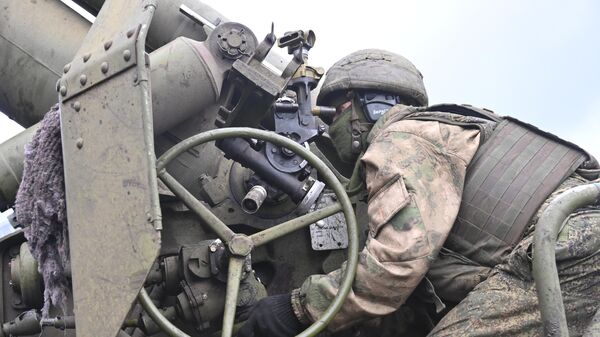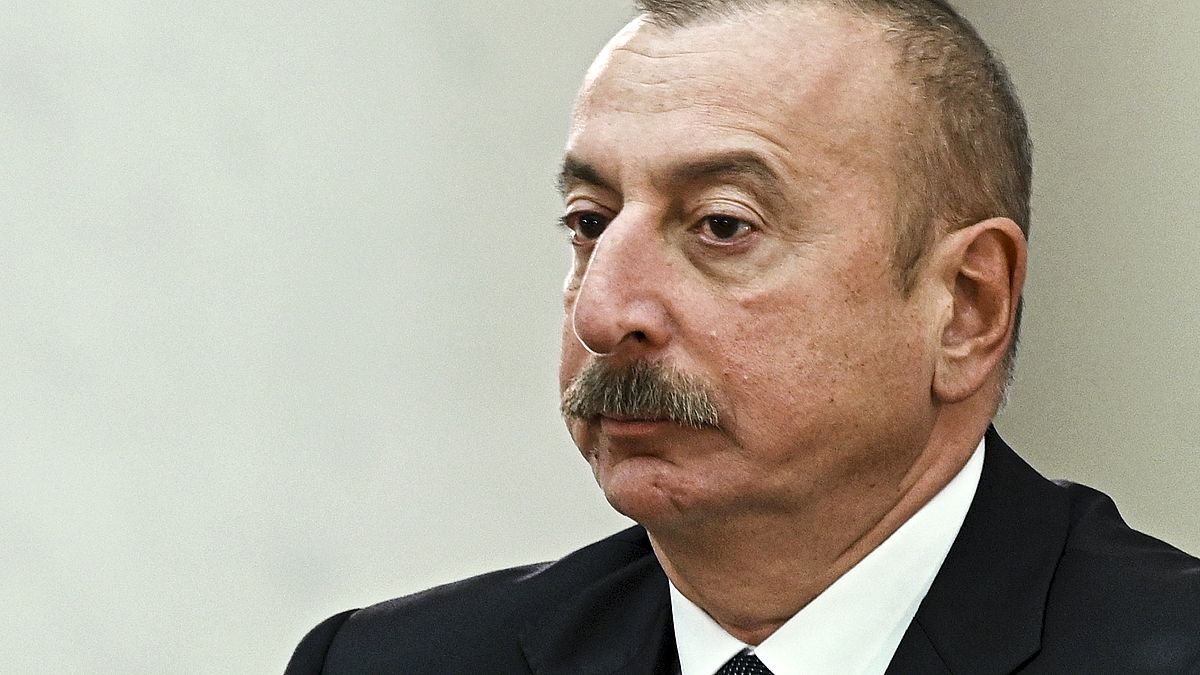The European Commission declared Romania ready to join the Schengen area in 2011, but faced opposition from several countries. Austria, the last holdout, lifted its veto during a meeting in Budapest last month.
Romania’s long-awaited entry into the border-free Schengen area is expected to deepen ties between Romania and Hungary.
While many people already commute between the two countries, the removal of border checks on 1 January will make travel even easier.
The mayor of the Hungarian town of Biharkeresztes, Béla Péter Dani, said many Romanian citizens have already moved there and emphasised the importance of the connection between the district's capital and its surrounding Hungarian cities.
"They’ve bought homes and decided to settle down here. Some come for work, some take their children to nursery or school in Oradea, but many live their daily lives here," Dani added.
Hungarian real estate at the border is cheaper than in Romania
Many Hungarians view the regions bordering Romania as "isolated" areas, with the nearest major Hungarian city, Debrecen, an hour away and Budapest almost three hours by car.
As a result, real estate prices in Hungary’s border regions tend to be much lower than those in Romania.
A local vendor at a Christmas market in Oradea told Euronews that she believes demand for real estate will increase, now that travel between the two countries is expected to become easier and faster.
"For €15,000, you can buy a 250-square-metre house on half a hectare here (Romania). Of course, it needs renovating. But you can get it in Hungary for half that price. The difference is that here, the infrastructure isn't developed, while on the other side of the border, things like sewage and electricity are already in place," explained Éva Kállai.
However, with increasing demand, property prices on the Hungarian side of the border are expected to rise as well.
Hungarians, on the other hand, don’t typically cross the border for real estate. Instead, they travel to Romania for shopping or to take advantage of cheaper petrol. Romania currently has a 9% VAT rate on food, and petrol is roughly 20 Hungarian Forints cheaper per litre.
Romania's long-awaited accession
The European Commission had declared Romania, along with Bulgaria, ready to join the Schengen area in 2011. However, certain countries opposed Romania's candidacy. Austria, the last remaining opponent, finally lifted its long-standing veto during a meeting in Budapest last month.
Local residents who spoke to Euronews expressed relief, saying they had been waiting for the country's accession to the Schengen for a long time.
"It should have happened a long time ago; it was time for us to join the Schengen area. It opens up many opportunities, especially economic ones. I'm especially happy that I won’t have to wait long at the border," a Romanian student, Adrian, said.

 1 week ago
8
1 week ago
8






 We deliver critical software at unparalleled value and speed to help your business thrive
We deliver critical software at unparalleled value and speed to help your business thrive






 English (US) ·
English (US) ·